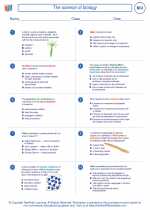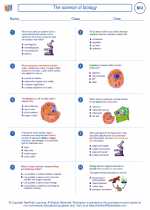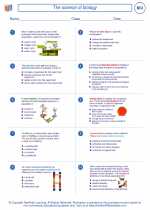Grains
Grains are a staple food in many cultures and are an essential part of a healthy diet. They are the seeds of plants belonging to the grass family, including wheat, rice, oats, corn, barley, and millet. Grains are a rich source of carbohydrates, fiber, vitamins, and minerals, making them an important part of a balanced diet.
Types of Grains
There are two main types of grains: whole grains and refined grains.
Whole Grains
- Whole grains contain all parts of the grain, including the bran, germ, and endosperm.
- Examples of whole grains include whole wheat, brown rice, oats, quinoa, and barley.
- Whole grains are high in fiber, which is important for digestive health, and they also contain valuable nutrients such as B vitamins, iron, and magnesium.
Refined Grains
- Refined grains have been processed to remove the bran and germ, leaving only the endosperm.
- Examples of refined grains include white rice, white flour, and products made with white flour, such as white bread and pasta.
- Refined grains have a finer texture and longer shelf life but have lower nutritional value compared to whole grains.
Health Benefits of Grains
Including grains in your diet offers several health benefits:
- Provides energy: Grains are a primary source of carbohydrates, which the body uses for energy.
- Supports digestive health: The fiber in whole grains helps maintain a healthy digestive system and can reduce the risk of constipation.
- Reduces the risk of chronic diseases: Whole grains are associated with a lower risk of heart disease, type 2 diabetes, and certain cancers.
- Supports weight management: The fiber in whole grains can help you feel fuller for longer, which may aid in weight management.
Study Guide
To effectively study the topic of grains, consider the following key points:
- Understand the difference between whole grains and refined grains, including their nutritional composition and health implications.
- Learn to identify common whole grains and refined grains in food products and recipes.
- Explore the health benefits of consuming whole grains, including their role in preventing chronic diseases and supporting overall wellness.
- Examine the cultural and historical significance of grains as a staple food in various regions of the world.
- Discuss the importance of including a variety of grains in a balanced diet and explore creative ways to incorporate different grains into meals.
Remember to review key terms related to grains, such as bran, germ, endosperm, fiber, and nutrients found in grains. Additionally, consider conducting experiments or cooking demonstrations to showcase the versatility and nutritional value of grains in everyday cooking.
By mastering the topic of grains, you will gain a deeper understanding of the role of this essential food group in promoting health and well-being.
.◂Biology Worksheets and Study Guides High School. The science of biology

 Worksheet/Answer key
Worksheet/Answer key
 Worksheet/Answer key
Worksheet/Answer key
